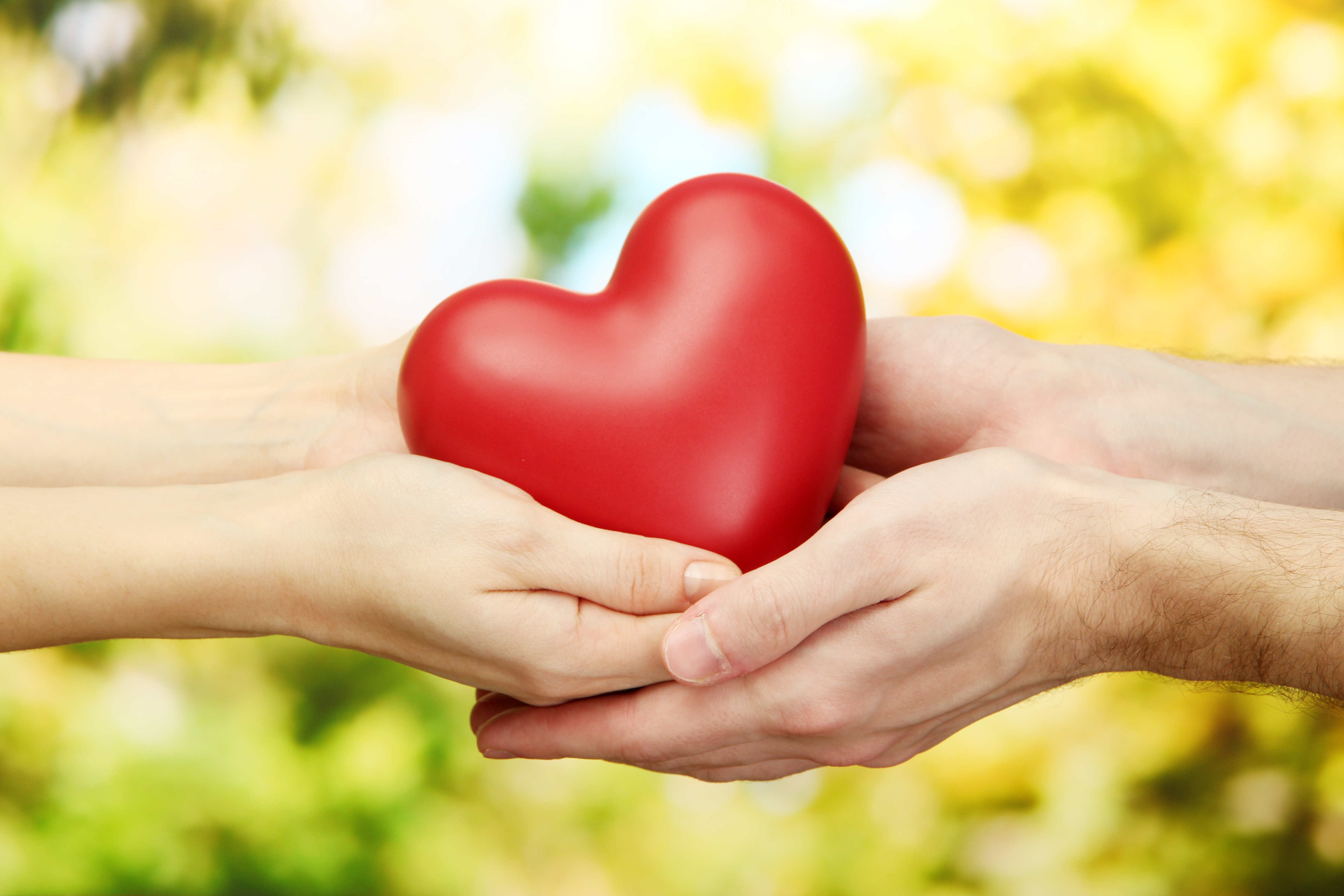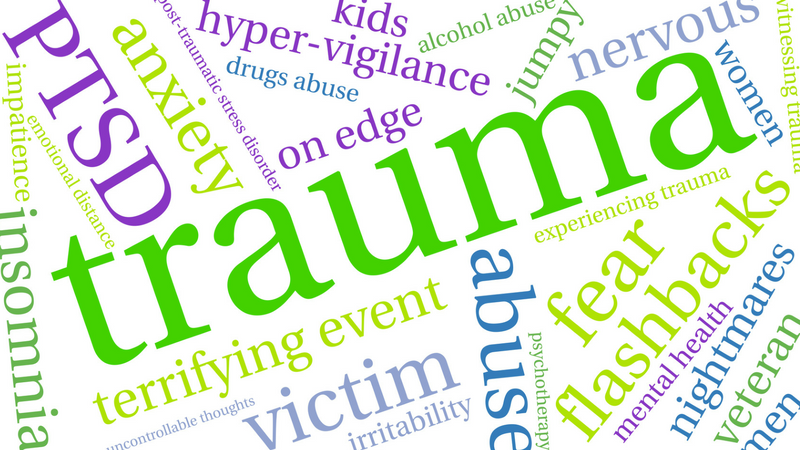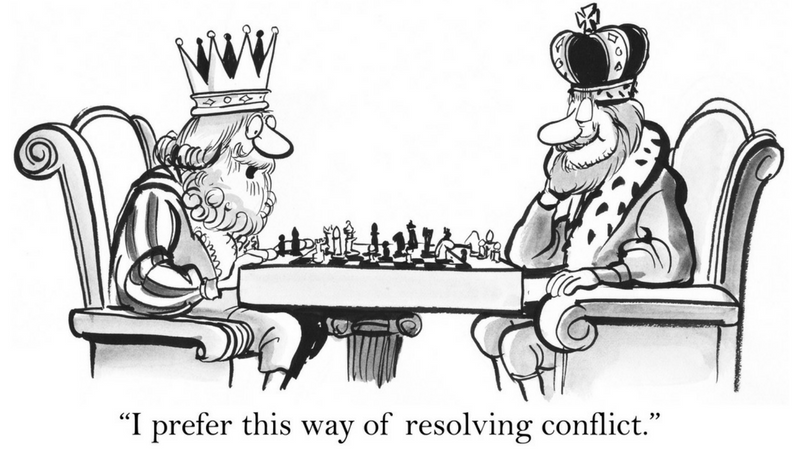Negative Coping Skills & Shame
It’s almost a given that those of us living with mental illness have and use negative coping skills. Often, we know exactly what they are, too. I’ve sat in more than one group reading off a list of negative skills and with quiet nods of agreement all around me. Where they enthusiastically check off items on a list of positive skills we can try, the negative list is often left blank.
The color of shame.
The reality is negative coping skills exist for a reason. Somewhere we’ve learned them, for some reason we’ve developed them, in some way they benefit us. Understanding what these skills are, how we likely developed them, and what they do for us is important work if we want to learn how to live a better way. A healthier way. A less destructive way.
Types of Negative Coping Skills
Negative coping skills, like positive coping skills, can be either active or passive. When the negative skills we use are active, it means that we are physically doing something either to ourselves or others.
Examples of negative coping skills include cutting or other forms of self-harm, alcohol or other substance abuse, acting out verbally or aggressively, sexual misconduct, overspending…the list goes on.
In each of these, we attempt to solve the problem of the pain or emotion we live experience at that moment. You may notice that most of these are distraction skills, often used to numb, ignore, or cover the emotional pain.
Passive skills are exactly what they sound like: they are non-actions used to hide or cover the pain we feel. Isolation, excessive sleeping, self-blaming, avoidance, and not eating are all methods of tolerating emotional pain, often without acknowledging we feel it.
Understanding what these skills are, how we likely developed them, and what they do for us is important work if we want to learn how to live a better way.
For most, our first stop on the stress train of life was not met with this negative coping skill, and you may not even be able to point to the first time you used it. Often, the negative coping skill grows out of a distorted positive strategy.
Take Lucy. As a kid, she had a lot of good friends around her, and she was able to tell them anything and everything. When something happened at home, she turned to her friends to vent.
Fast forward 10 years and the same conversations were happening, except that now they were at bars, or over beers at home. As her anxiety grew, Lucy’s mind started identifying the alcohol as the relief mechanism—not the conversation with her friends.
When they continued to age and her friends were unable to hang out with her at night (“I’m so sorry, Luce, I’ve gotta work. I’ll call you tomorrow, OK?”), she increasingly turned to alcohol: her coping strategy.
Often, the negative coping skill grows out of a distorted positive strategy.
It was a similar situation for Michael. Times were a little tight at home after he got laid off from work. A hard worker and a good provider, not having an income threw Michael for a loop. Two weeks later, he was still unemployed despite looking diligently. With a family at home, he felt a lot of pressure to provide and depression set in as feelings of failure rooted in his mind.
One day, his wife made a passing comment about not knowing what to cook for dinner, and Michael lashed out, “I’m doing the best I can! Stop nagging me!” After that, Michael’s outbursts became more common, and each time, the response grew more extreme until it nearly destroyed his marriage and his family.
In both of these cases, the coping mechanism started small and grew. With Lucy, it wasn’t even a negative coping skill at first; just a positive one that distorted over time. With Michael, it was a natural response to the pressure he was under. The same often happens with us.
To me, one of the worst parts of a negative coping skill isn’t that we have them. It’s that we have them, we know we have them, and we feel shame around them. Sometimes, the shame comes from knowing what we do and having to hide it from others.
Other times, we may be getting “advice” or “feedback” from friends and family, and not changing causes us shame. “I just don’t understand why you stay in bed all day, Georgia. It’s a beautiful day. You’ll feel better if you go outside.”
There’s no shame around these coping mechanisms.
I want to start with this: There’s no shame around these coping mechanisms. We do the best we can do (even if it doesn’t look like it to the rest of the world), and these skills make us feel better in some way. So, please, if you do feel shame: let it go. Easier said than done, I know.
Release Shame
Often, releasing shame gets easier when we know we are trying something different, something better, something healthier. For new strategies to be most effective, we need to know what we get from the current situation— and this can be difficult (and sometimes scary) work.
I was unable to release my own negative coping skills for the first 12-18 months I was in therapy. Even though I was feeling better, I still had default patterns I fell back on.
One of the biggest was eating instead of sitting with my feelings. Food was a way to distract me from feelings and the shame of being overweight overshadowed them. It was “better” pain.
Over time, however, I realized the damage I was doing by leaving those emotions unresolved. It wasn’t that I wanted to lose the weight (I did, it just wasn’t the goal yet; I decided I would tackle that ‘later’), it was that I knew enough to know that sitting with my feelings would help me break through in my therapy.
I learned to do a few things: When I headed to the refrigerator, the first step was to check in with my stomach. Was I actually hungry? If no, then why was I on my way to eat?
Over time, I realized I would eat if I was either bored or in emotional distress, so the next question became: Am I bored? If not, then I knew I was in emotional distress and trying to avoid it.
At that point, it was time to go sit in a quiet place and let what I felt rise to the top and actually experience it.
No Easy Road
Let’s be clear: This wasn’t easy. I didn’t always remember to check in with myself. I didn’t always make the right choice to sit and experience the feelings. Over time, though, and the more I did make the right choices, I felt better. Easier. I started to have awareness of emotional distress sooner, and I was able to address it – without taking a step toward the fridge.
The sooner I acknowledged the feelings, the less intense they were.
In sitting with my emotions, I also found some lines between what I ate and what emotion it was specifically attached to (interesting, right?). When I went for a hot cup of tea, I was usually looking for a hug.
The sooner I acknowledged the feelings, the less intense they were.
Now I know I have choices: I have a few people I can call who will either come give me a hug or just listen and comfort me. Sometimes I drink the hot tea, but with a new intent: It’s the equivalent of giving myself a hug. I developed the ability to identify what causes the urge and make a better choice.
Understanding what I got out of negative coping skill helped me identify options for change.
Final Thoughts
What makes negative coping skills dangerous is that they easily become a self-feeding cycle. I hurt, so I cut myself. I feel shame because I cut myself, reinforcement that I am “different,” “abnormal,” or “don’t belong.” These thoughts bring on shame, and so I cut myself again to cope with this new emotional pain. When we take the time to dig in to these skills and understand why we do them, it becomes easier to identify better, more positive coping strategies and follow through and implement them.
There is no shame or judgment around the negative skills we’ve developed. We created them for a reason, and we are not the only ones who live with them. In fact, most people have at least one negative coping skill, whether or not they live with mental illness. Facing and acknowledging them is the first step to change, and one I know you can do. I believe in you.
What negative coping skills do you have? What benefit do they give you? Tell me in the comments below, and I will share some encouragement with you!
What negative coping skills do you have? What benefit do they give you? Tell me in the comments below, and I will share some encouragement with you!
Looking for daily inspiration and community? Join our warm and supportive Facebook group!










I didn’t know I have serious shame and worthlesness issues. It’s like God has been peeling my inner parts like an onion. I’m in that phase where I see a new layer of darkness I buried from my past. Now I know why I behaved the way I’ve been behaving. There was a time I felt so worthless that I would even not be able to sleep up to 2 a.m. because I was fantasizing a different version of me; in that fantasy, I had a better stronger personality, I dressed better, I lived in a big house, someone was pursuing me (because in reality I felt desperately unwanted). Then when I got a better understanding of God’s love and how doing this was wasting the room I could be using to improve myself for a greater future, I stopped doing it. It was hard, but with God’s help I stopped. Sometimes when I am really miserable and trying to escape reality I find myself fantasizing again(did i mention i have a super active imagination?), but the Holy Spirit reminds me and I snap out of it. But my journey doesn’t end there. Deep in my heart of hearts I knew that at the core of my being I still was yet to face the darkness which I didn’t want to. I wanted to , but at the same time I didn’t want to. Because there’s a certain level of emotional pain that makes you want to quit on life. In fact, the deeper I got, each time I would sincerely face those emotions I would go through a period of deep depression that only God has pulled me out of. Anyways, I thought my problem was rejection and worthlesness and self-hatred. But it still wasn’t enough. So this time I made a decision that propelled me into the center of my crazy emotions and don’t ask me how I know I know, but I know by God’s prompting that the center of my problems is shame. I just know it. So some of the ways that I coped with it was hiding (staying in my house the whole day and refusing to even go near the window; even to hang clothes was a serious struggle which I admit I can only be comfortable at night because whenever I go out, I am seriously paranoid, i don’t even know what i’m hiding; that i feel worthless?), overwatching series, overeating, being in a rotten mood in silence. It’s not easy, but I know that with God’s help I am one step closer to living that life that Christ died for me to have. I may not be where I want to be, but thank God I’m not where I used to be.
Amen!! Thank you for sharing your story and testimony.